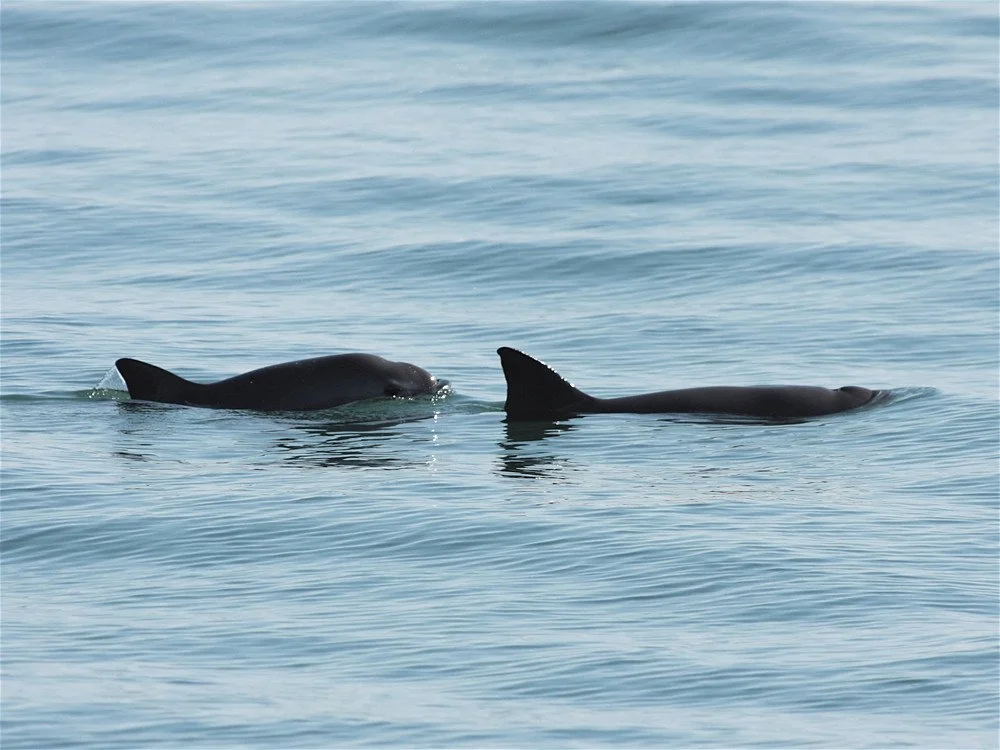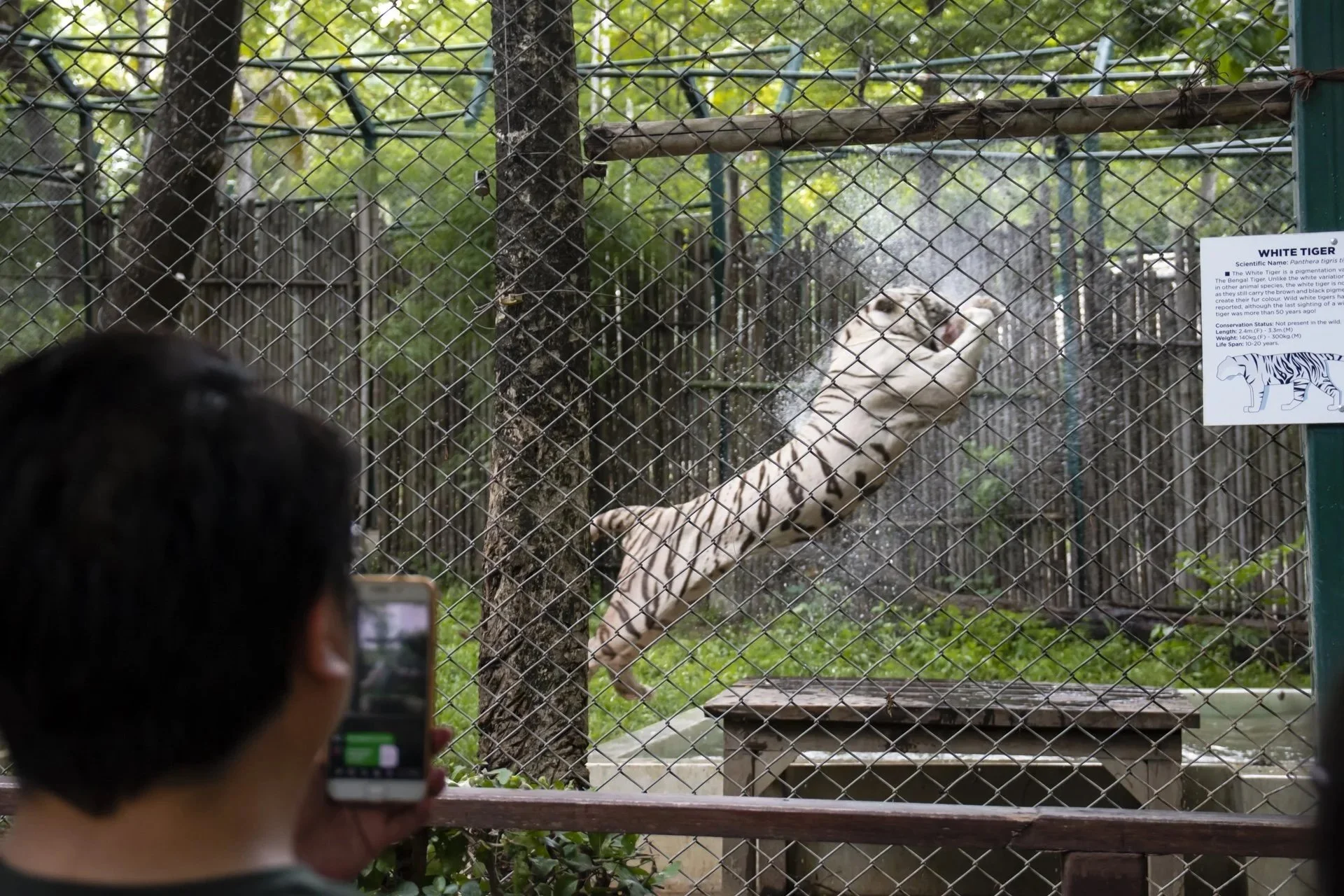Eight vaquitas left: illegal fishing ‘squeezing the last breaths’ from endangered porpoise
A new report criticizes Mexico’s failure to enforce gillnet bans in the Upper Gulf of California, threatening the world’s smallest porpoise.
As little as eight vaquitas remain alive.
The Mexican government is failing to protect the critically endangered vaquita porpoise, with only eight individuals estimated to remain in the world, according to a new report by a commission under the United States-Mexico-Canada Agreement (USMCA).
The vaquita is the world’s smallest and most at-risk marine mammal. Their numbers have drastically plummeted over the last two decades due to entanglement in fishing gear, known as “gillnets”, used by poachers to illegally catch totoaba, an endangered fish whose swim bladders are in high demand in China due to their purported medicinal value.
In 2023, the International Whaling Commission issued the first “extinction alert” in its 70-year history, to warn of the risks to the vaquita. This was followed by the creation of a Compliance Action Plan (CAP) to protect the porpoise and the totoaba, and included measures such as public education and awareness programs, an increase in land and vessel inspections, surveillance monitoring across the domestic fisheries chain, and the development of gillnets alternatives.
While Mexico claimed in January that it had completed its CAP goals, the Commission for Environmental Cooperation (CEC), who investigate the enforcement of environmental law under the USMCA, criticized Mexico for taking insufficient action to prevent the vaquita's extinction.
The CEC Secretariat’s newly released factual record states that illegal gillnet fishing and trafficking of totoaba continues in the porpoise’s Upper Gulf of California refuge.
“This report confirms a heartbreaking reality. Illegal gillnet fishing is squeezing the last breaths out of the poor vaquita,” said Sarah Uhlemann, international program director at the Center for Biological Diversity. “Mexico needs to shut down all gillnet fishing immediately and start round-the-clock enforcement throughout the vaquita’s habitat to give these little porpoises even a sliver of hope to avoid extinction.”
The totoaba is also critically endangered due to human activity.
On-the-ground observations contradict Mexico’s claims that it is cracking down on illegal fishing. For example, despite Mexico’s ban on certain fishing gear since 2020, interviews and eyewitness accounts confirmed that “fishing activities continue at the similar levels and with the same [gear] as before the restrictions,” the report said.
The Secretariat also found that fishermen “elude” fishing bans in the vaquita habitat by sending their illegal catch to processors in other regions. Mexico has failed to provide sufficient information, the report said, leaving central enforcement questions unanswered.
And as of June, officials had fitted only 10 of the 850 promised satellite trackers meant to monitor small boats fishing in the Upper Gulf area.
“This report makes painfully clear what we’ve known for years — Mexico’s failure to enforce its own laws is driving the world’s rarest marine mammal to extinction,” said Michael Jasny, director of NRDC’s Marine Mammal Protection Project. “There’s no time left for half-measures. The U.S. must use every tool under the USMCA to hold Mexico accountable and stop the illegal fishing that’s pushing the vaquita over the edge.”
A new survey carried out this summer estimates that only eight individual vaquitas remain alive, a decline from the 10 to 13 animals estimated in 2023. The species continues to survive in the “zero tolerance area,” and the broader vaquita refuge.
Fishing bycatch, known as unintended catch of non-target species, is estimated to kill 300,000 whales, dolphins and porpoises every year.
It is also estimated that between three to six billion wild fish are killed globally every day.
We Have A Favor To Ask…
Species Unite amplifies well-researched solutions to some of the most abusive animal industries operating today.
At this crucial moment, with worldwide momentum for change building, it’s vital we share these animal-free solutions with the world - and we need your help.
We’re a nonprofit, and so to keep sharing these solutions, we’re relying on you - with your support, we can continue our essential work in growing a powerful community of animal advocates this year.





In most U.S. prisons, inmates cannot legally obtain plant-based food - even if they offer to pay for it themselves.